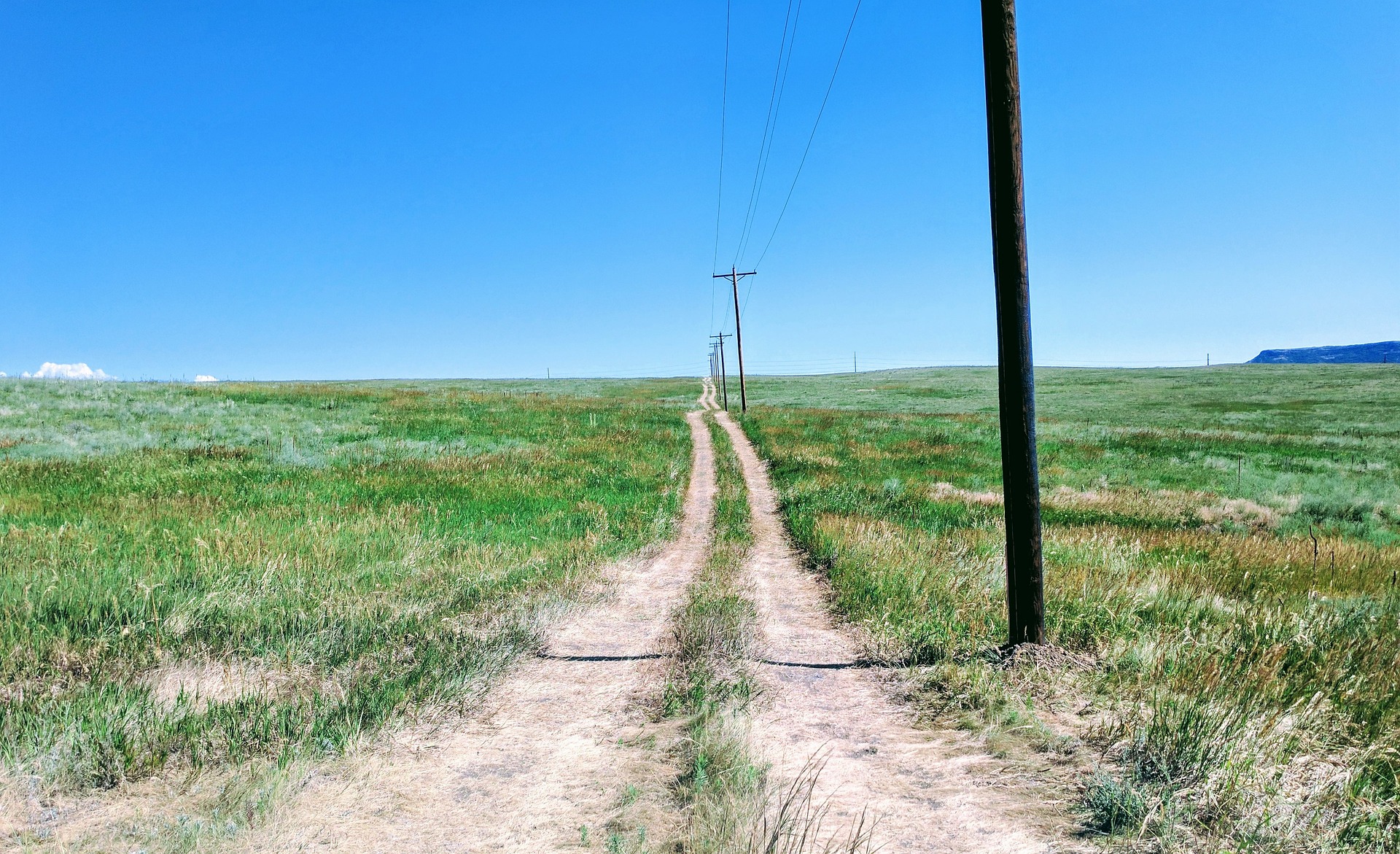Poor connectivity 'threatens' rural prosperity
Poor mobile and broadband coverage is contributing to 'perfect storm' in rural areas

Sign up for breaking news, reviews, opinion, top tech deals, and more.
You are now subscribed
Your newsletter sign-up was successful
A new report has claimed that poor mobile and broadband coverage is threatening the prosperity of rural areas across the UK.
The Local Government Association says bad connectivity, health inequality, a skills gap and unaffordable homes are creating a ‘perfect storm’ while the national government is preoccupied with Brexit.
Indeed, it says that rural businesses are being cut off from new markets, with 40 per cent rating their broadband connection as “poor”.
Rural mobile coverage
The association is now calling for local authorities to have more devolved powers and funding, so they can take more control over areas like housing and health. One proposal would be to ensure that all new build homes are connected to ‘futureproofed’ digital infrastructure.
“Rural areas face a perfect storm. It is increasingly difficult for people to buy a home in their local community, mobile and broadband connectivity can be patchy, and people living within rural and deeply rural communities face increasing isolation from health services,” said Mark Hawthorne, Chairman of the LGA’s People and Places Board.
“If Britain is to make the most of a successful future outside of the European Union, it’s essential that our future success is not confined to our cities. Unless the Government can give non-metropolitan England the powers and resources it needs, it will be left behind.
“This report outlines to Government a firm offer from councils in non-metropolitan areas, to play a greater role in building thriving, connected and healthy communities. It represents a once-in-a-generation opportunity for non-metropolitan England to not only improve public services, but deliver a resurgence in rural England’s economy as well.”
Sign up to the TechRadar Pro newsletter to get all the top news, opinion, features and guidance your business needs to succeed!
The government-funded Broadband Delivery UK (BDUK) programme has helped bring superfast broadband to 95 per cent of the UK and there are plans to go further. Under BDUK, local authorities had to match any funding received from central government. There are also proposals for a 10Mbps Universal Service Obligation, while EE is committed to bringing 4G to 95 per cent of the UK’s landmass.
Last month, Ofcom CEO Sharon White suggested that the total cost of bringing 4G to the whole of the UK could be “billions”.
Steve McCaskill is TechRadar Pro's resident mobile industry expert, covering all aspects of the UK and global news, from operators to service providers and everything in between. He is a former editor of Silicon UK and journalist with over a decade's experience in the technology industry, writing about technology, in particular, telecoms, mobile and sports tech, sports, video games and media.